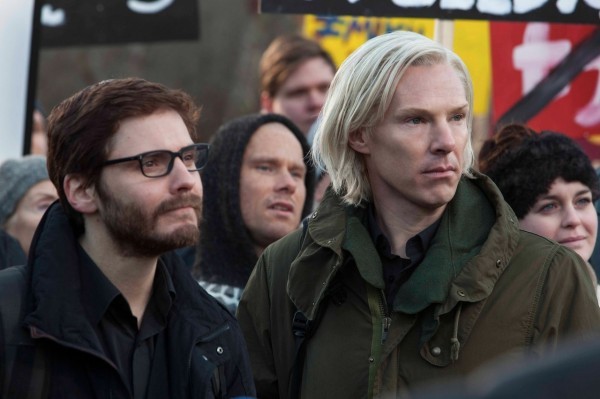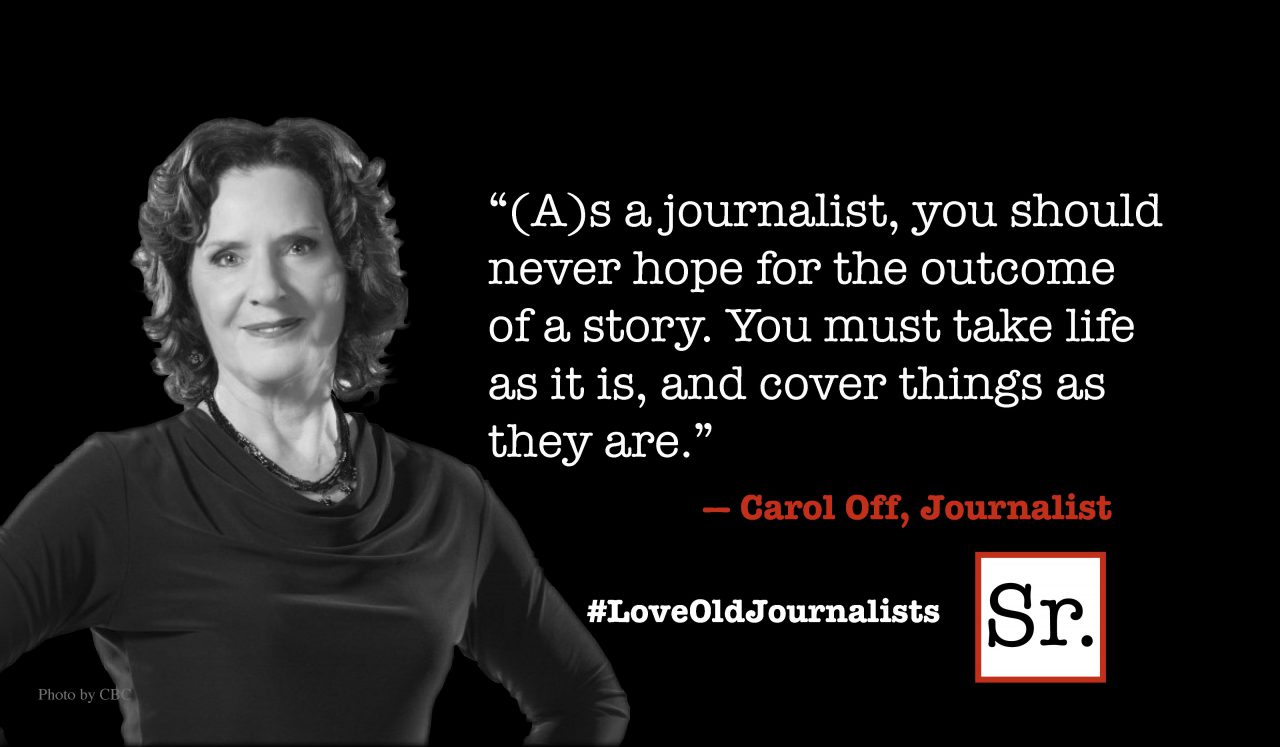The meteoric rise and fall of Julian Assange and WikiLeaks sounds like the stuff of great topical moviemaking.
If only.
The usually reliable Bill Condon (“Kinsey,” “Gods and Monsters,” “Dreamgirls” … oh, OK, and two “Twilight” movies) struggles mightily to make a story about people sitting at computers seem dynamic.
He fills the movie with flashing strobes and throbbing techno. His camera dances and swirls around the geeks bent over their terminals. There are ”Matrix”-type special effects with cataracts of glowing green numbers flooding across the screen.
But despite the presence of two of today’s best young actors — Benedict Cumberbatch and Daniel Bruhl — “The Fifth Estate” is dramatically stillborn.
Part of the problem is that the story is told from the perspective of a rather boring individual. Another drawback is that Assange himself keeps slipping in and out of focus.
While that slipperiness seems to be an essential part of the man’s character — leaving many of us with a love/hate relationship — it makes for frustrating moviegoing.
Our protagonist is Berlin computer geek Daniel Berg (Bruhl), who meets the then-unknown Aussie Assange (Cumberbatch) at a conclave of anarchistic cybertypes. Almost immediately Berg falls for the white-haired dynamo’s spiel about the need for a place online where whistleblowers from around the world can submit their purloined and/or secret data in complete anonymity.
Assange immediately gloms onto Berg’s technical skills and enthusiasm. He’s looking for competent, malleable followers.
But he’s a bit coy about just how many people he’s got working for him. Untold thousands, he says, though he won’t name names because of the threat from governments upset about the secrets WikiLeaks makes public.
(In a clever visual passage, Condon shows us a vast office — sort of like the final shot of “Raiders of the Lost Ark” — with hundreds of WikiLeaks associates working at their terminals. Except that they are all Assange. Ultimately only a handful of individuals were involved.)
Basically “The Fifth Estate” is about how Berg loses faith in the charming but arrogant (as in megalomaniacal) Assange.
The final straw, of course, was Assange’s decision to post online all of the classified U.S. documents released by Bradley Manning without redacting them to protect the identities of America’s covert agents around the globe. That was also the breaking point for newspapers like The Guardian, The New York Times and Der Spiegel, who agreed to print the secrets provided by Assange but only after combing through them to minimize the threat to individuals named.
Incredibly, all this happened in just a matter of months. Now Assange is a resident of the Ecuadorian Embassy in London, where he has sought asylum from charges of sexual misconduct in Sweden. He claims he’s being persecuted for his work with WikiLeaks. Furthermore, he claims that no evidence has been offered of any individual coming to harm as a result of the release of the U.S. diplomatic cables.
“The Fifth Estate” has a solid supporting cast — David Thewlis, Peter Capaldi, Dan Stevens (late of “Downton Abbey”), Laura Linney, Anthony Mackie, Stanley Tucci — but they cannot compensate for the hole at the film’s center.









